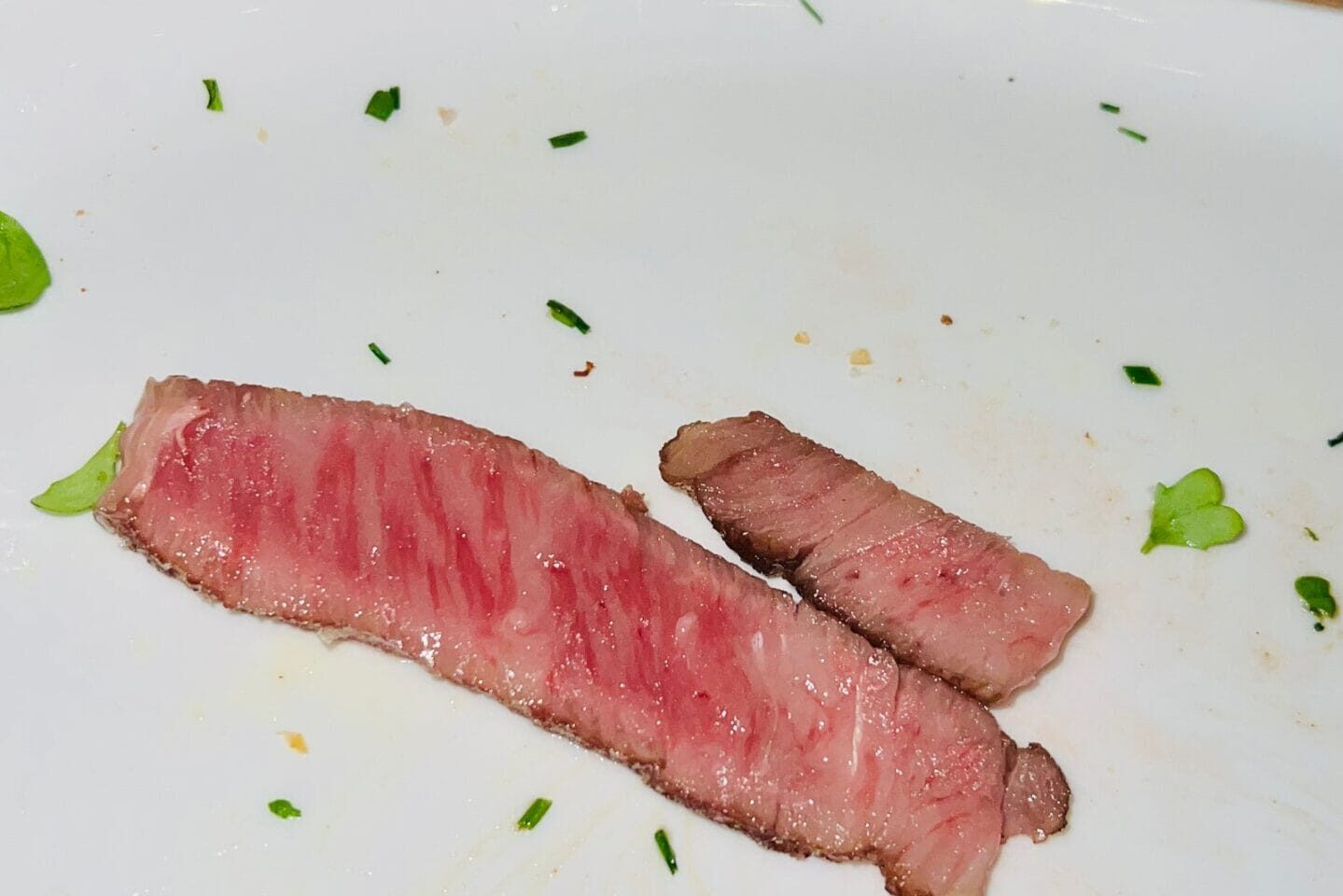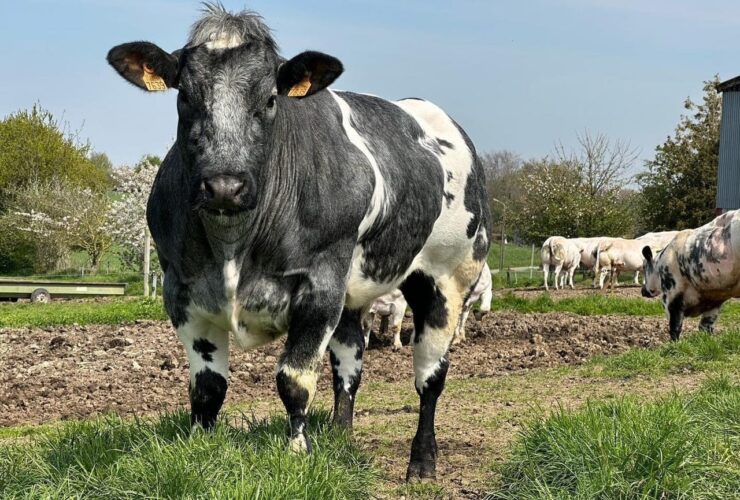The nutritional value of Japanese Wagyu steaks
When it comes to gourmet dining and culinary excellence, few meats can match the reputation and allure of Japanese Wagyu beef. Known for its unparalleled marbling, melt-in-your-mouth tenderness, and rich flavor, Japanese Wagyu steaks have become a sought-after delicacy around the world. While they are renowned for their taste and texture, many are also curious about the nutritional value of these premium cuts of beef. In this article, we will explore the nutritional aspects of Japanese Wagyu steaks, shedding light on both their benefits and considerations.
A Cut Above the Rest
Before delving into the nutritional content of Japanese Wagyu steaks, it’s essential to understand what sets them apart from other beef varieties. Wagyu, which translates to “Japanese cow,” refers to a specific breed of cattle originating in Japan. The two most famous breeds of Wagyu cattle are the Japanese Black (Kuroge Washu) and the Japanese Brown (Akage Washu), with Japanese Black being the most prized for its exceptional marbling.
The marbling in Wagyu beef refers to the intricate webbing of fat that runs through the meat, giving it its unique texture and flavor. This marbling is a key factor in the nutritional profile of Japanese Wagyu steaks.
A Rich Source of Healthy Fats
One of the standout nutritional features of Japanese Wagyu beef is its high fat content, primarily in the form of intramuscular fat, or marbling. While fat is often vilified in modern diets, not all fats are created equal. Japanese Wagyu beef is renowned for its high content of monounsaturated fats and omega-3 fatty acids, which are considered heart-healthy fats.
Monounsaturated fats, in particular, have been associated with several health benefits, including improved cholesterol levels and reduced risk of heart disease. These fats are also known for their ability to enhance the flavor and tenderness of meat, contributing to the signature melt-in-your-mouth experience of Japanese Wagyu steaks.
Nutrient Density
In addition to healthy fats, Japanese Wagyu steaks provide a range of essential nutrients. They are an excellent source of high-quality protein, which is vital for muscle growth, repair, and overall health. Moreover, Wagyu beef is rich in essential vitamins and minerals, including:
1. Vitamin B12: This vitamin is crucial for the formation of red blood cells and the proper functioning of the nervous system. A single serving of Japanese Wagyu steak can provide a significant portion of your daily B12 needs.
2. Iron: Beef, in general, is a great source of heme iron, which is highly absorbable by the body. Iron is essential for oxygen transport in the blood and overall energy production.
3. Zinc: Japanese Wagyu beef is also rich in zinc, which is important for immune function, wound healing, and DNA synthesis.
4. Selenium: Selenium is an antioxidant mineral that plays a role in protecting cells from oxidative damage. It is essential for thyroid function and overall immune health.
Moderation and Considerations
While Japanese Wagyu steaks offer a range of nutritional benefits, it’s crucial to enjoy them in moderation and with some considerations in mind. The high fat content that contributes to their unique flavor and tenderness also means they are calorie-dense. If consumed excessively, they can contribute to weight gain and potentially increase the risk of heart-related issues if not part of a balanced diet.
It’s also worth noting that Wagyu beef can be more expensive than other types of beef due to its rarity and the meticulous care that goes into raising these cattle. As such, it’s a meat that is often reserved for special occasions and should be enjoyed mindfully.
Cooking and Preparation
To make the most of the nutritional value of Japanese Wagyu steaks, proper cooking techniques are essential. Due to the high marbling content, Wagyu beef cooks faster than leaner cuts. It’s recommended to cook Wagyu steaks at a lower temperature than traditional beef cuts to allow the fat to melt evenly, enhancing its flavor and tenderness.
Grilling, pan-searing, or sous-vide cooking methods are popular choices for Wagyu steaks. Additionally, seasoning should be minimal to let the natural taste of the meat shine through.
Conclusion
Japanese Wagyu steaks are a culinary masterpiece that combines unparalleled taste and tenderness with a unique nutritional profile. They are rich in healthy fats, protein, and essential vitamins and minerals, making them a worthy addition to a well-rounded diet when consumed in moderation. However, their high calorie and price tag mean they are best enjoyed as an occasional indulgence. So, if you ever have the opportunity to savor the sublime experience of Japanese Wagyu beef, savor it for what it is—an exquisite delicacy that showcases the artistry of Japanese cattle farming and the pleasures of gastronomy.




